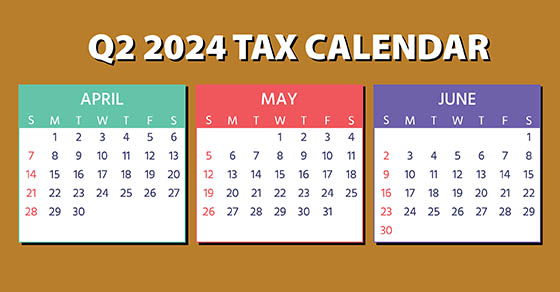If your business occupies substantial space and needs to increase or move from that space in the future, you should keep the rehabilitation tax credit in mind. This is especially true if you favor historic buildings.
The credit is equal to 20% of the qualified rehabilitation expenditures (QREs) for a qualified rehabilitated building that’s also a certified historic structure. A qualified rehabilitated building is a depreciable building that has been placed in service before the beginning of the rehabilitation and is used, after rehabilitation, in business or for the production of income (and not held primarily for sale). Additionally, the building must be “substantially” rehabilitated, which generally requires that the QREs for the rehabilitation exceed the greater of $5,000 or the adjusted basis of the existing building.
A QRE is any amount chargeable to capital and incurred in connection with the rehabilitation (including reconstruction) of a qualified rehabilitated building. QREs must be for real property (but not land) and can’t include building enlargement or acquisition costs.
The 20% credit is allocated ratably to each year in the five-year period beginning in the tax year in which the qualified rehabilitated building is placed in service. Thus, the credit allowed in each year of the five-year period is 4% (20% divided by 5) of the QREs with respect to the building. The credit is allowed against both regular federal income tax and alternative minimum tax.
The Tax Cuts and Jobs Act, which was signed at the end of 2017, made some changes to the credit. Specifically, the law:
- Requires taxpayers to take the 20% credit ratably over five years instead of in the year they placed the building into service
- Eliminated the 10% rehabilitation credit for pre-1936 buildings
Contact us to discuss the technical aspects of the rehabilitation credit. There may also be other federal tax benefits available for the space you’re contemplating. For example, various tax benefits might be available depending on your preferences as to how a building’s energy needs will be met and where the building is located. In addition, there may be state or local tax and non-tax subsidies available.
Getting beyond these preliminary considerations, we can work with you and construction professionals to determine whether a specific available “old” building can be the subject of a rehabilitation that’s both tax-credit-compliant and practical to use. And, if you do find a building that you decide you’ll buy (or lease) and rehabilitate, we can help you monitor project costs and substantiate the compliance of the project with the requirements of the credit and any other tax benefits.
© 2023





